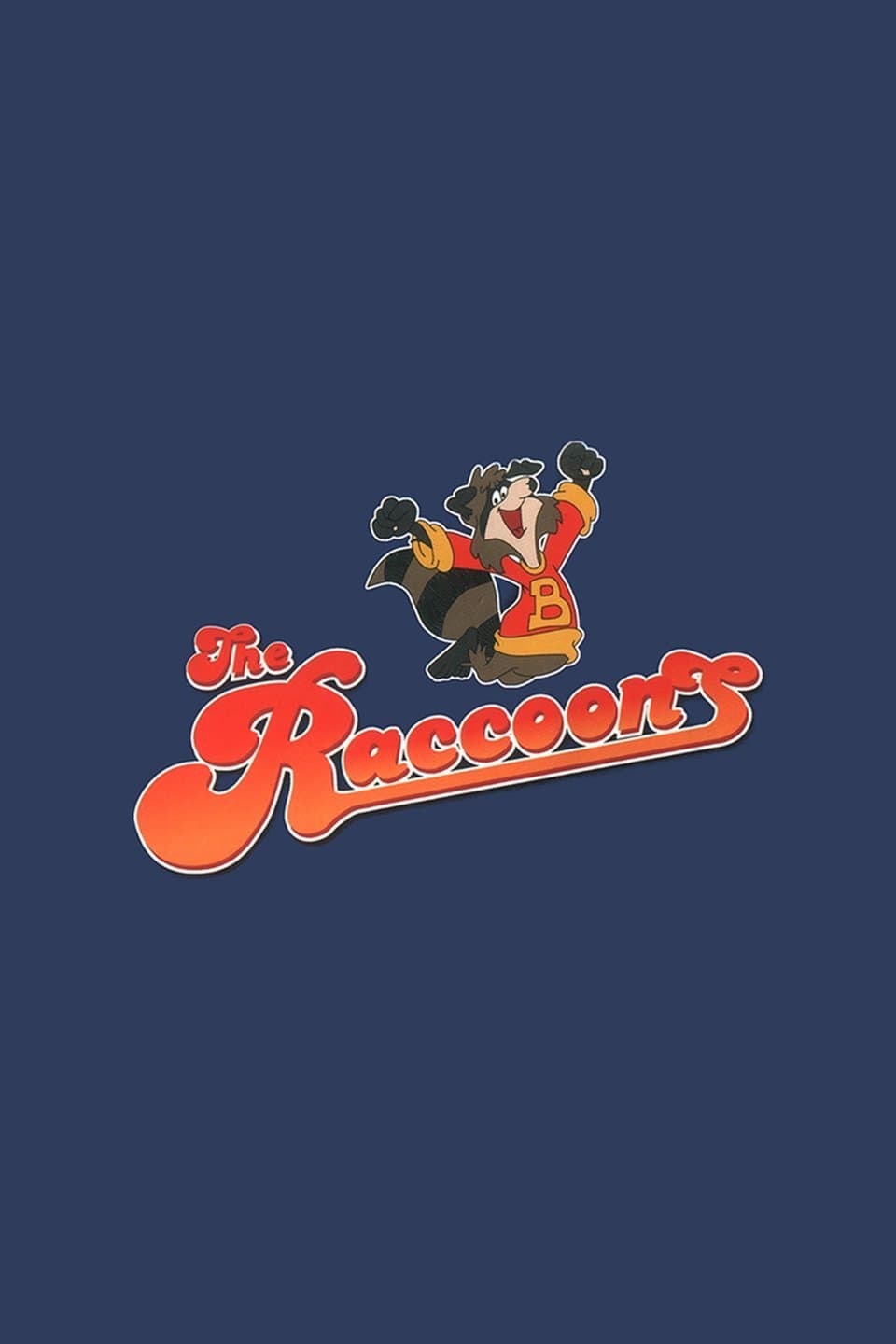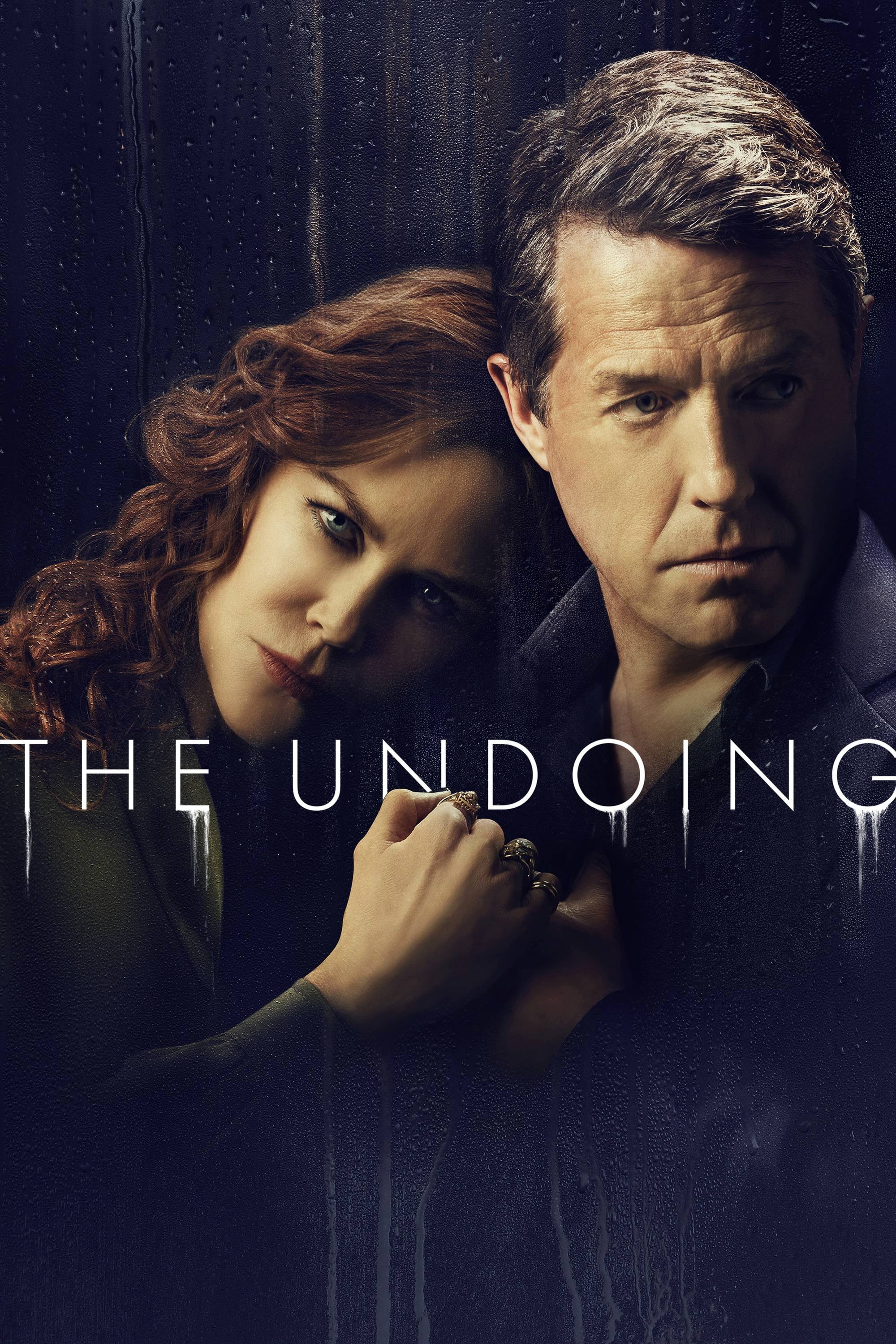
Symphonieorchester des Bayerischen Rundfunks, Pablo Heras-Casado – Mendelssohn: Symphonie No. 2 “Lobgesang” (2014)
FLAC (tracks) 24 bit/44,1 kHz | Time – 01:01:46 minutes | 605 MB | Genre: Classical
Studio Masters, Official Digital Download | Front Cover | © harmonia mundi
Mendelssohn’s Second Symphony (known as Lobgesang, or Hymn of Praise), was described by him as a “symphony-cantata”; in a similar manner to Beethoven’s Ninth Symphony, it consists of three purely instrumental movements followed by an extended closing section featuring choir and soloists. It is a piece that often seems to sit in the shadow of that masterpiece of Old Testament storytelling, Elijah.
The opening motif is a tricky one to handle; so simple in its own right, yet the linchpin of the entire work. Here it is subtly phrased rather than declaimed dramatically; Heras-Casado is evidently keeping his powder dry, treating this initial statement as the seed from which the rest of the performance grows.
The subsequent Allegro sets a cracking pace, with the dotted rhythms tucked in crisply, but there’s somehow still room for the internal details to come out of the texture in a way I’ve never heard before. This attention to these details (which so could easily be drowned in the richness of the choir and brass) turns out to be a running theme throughout this performance, and something that sets it apart from any others I’ve heard.
This is not a conspicuously “period” performance– the instruments are modern – but it’s nevertheless a taut, lean one. Any fears that this might be a self-indulgent wallow of the kind that have historically given Mendelssohn’s choral works an undeserved reputation as bloated Victoriana are quickly dispelled.
For me the first entry of the chorus after the extended symphonic prelude makes or breaks this piece. Often, the long wait before a bold forte entrance causes choirs to come in too enthusiastically. Here everything is underpinned wonderfully by the organ’s sonorous pedal register, which lends gravitas without being overpowering. This is a particularly nice touch, and indeed the organ forms a welcome solid base to many other passages throughout the work. Over all this, once again the details shine through – the rhythmic motif in the strings is clearly audible, helping to maintain a sense of drive to this initial entry.
Following soprano Christiane Karg’s suitably seraphic response to the anguished pleading of the tenor (Michael Schade) in the extremely angular “Stricke des Todes” (The snares of death), the shadows are decisively banished with “Die Nacht is vergangen” (The night is past); here again, as at the chorus’s first entry, a dancing string motif that sits atop the texture is brought to the fore, helping to lighten an otherwise ponderously self-important passage.
Heras-Casado does allow himself one moment of slight self-indulgence – in the unaccompanied first verse of the chorale “Nun danket alle Gott” one can sense that he is letting the choir enjoy their moment in the spotlight. This sensitive and expressive episode sets the stage very well for the majestic second verse, but it’s the beginning of the next number that really caught my attention. The use of the low strings (violas, divisi cellos and basses) to accompany the tenor is a stroke of genius in terms of orchestration, and the Bavarians’ sound is as rich and dark as one could wish for.
The bottom line? Simply put, this is a recording that made me remember why I love this piece. Mendelssohn’s Bach-inspired grasp of polyphony shines through with total clarity, and a work that can sometimes seem unwieldy here has an inexorable logic driving it from start to finish.
Tracklist:
1. Pablo Heras-Casado – Symphonie Nr.2 “Lobgesang” – Sinfonia, I. Maestoso con moto (11:05)
2. Pablo Heras-Casado – Symphonie Nr.2 “Lobgesang” – Sinfonia, II. Allegretto un poco agitato (05:31)
3. Pablo Heras-Casado – Symphonie Nr.2 “Lobgesang” – Sinfonia, III. Adagio religioso (06:37)
4. Pablo Heras-Casado – Symphonie Nr.2 “Lobgesang” – Cantate, 2. a. Allegro moderato maestoso – Allegro di molto: „Alles was Odem hat“; b. Molto più moderato ma con fuoco: „Lobe den Herr, meine Seele“ (06:33)
5. Schade, Michael – Symphonie Nr.2 “Lobgesang” – Cantate, 3. a. Allegro moderato: „Saget es, die ihr erlöset seid durch den Herrn“; b. Allegro moderato: „Er zählet unsre Tränen in der Zeit der Not“ (02:49)
6. Pablo Heras-Casado – Symphonie Nr.2 “Lobgesang” – Cantate, 4. A tempo moderato: „Saget es, die ihr erlöset seid“ (01:54)
7. Pablo Heras-Casado – Symphonie Nr.2 “Lobgesang” – Cantate, 5. Duo: Andante: „Ich harrete des Herrn“ (04:41)
8. Schade, Michael – Symphonie Nr.2 “Lobgesang” – Cantate, 6. Allegro un poco agitato – Allegro assai agitato – Tempo I moderato: „Stricke des Todes hatten uns umfangen“ (04:01)
9. Pablo Heras-Casado – Symphonie Nr.2 “Lobgesang” – Cantate, 7. Allegro maestoso e molto vivace: „Die Nacht ist vergangen“ (04:27)
10. Pablo Heras-Casado – Symphonie Nr.2 “Lobgesang” – Cantate, 8. Choral. Andante con moto – un poco più animato: „Nun danket alle Gott“; Coro: „Lob, Ehr’ und Preis sei Gott“ (04:25)
11. Schade, Michael – Symphonie Nr.2 “Lobgesang” – Cantate, 9. Duo: Andante sostenuto assai: „Drum sing ich mit meinem Liede ewig dein Lob“ (04:22)
12. Pablo Heras-Casado – Symphonie Nr.2 “Lobgesang” – Cantate, 10. Schlußchor: Allegro non troppo – Più vivace – Maestoso come I: „Ihr Völker, bringet her dem Herrn Ehre und Macht“ (05:16)
Personnel:
Christiane Karg, soprano
Christina Landshamer, soprano
Michael Schade, tenor
Bavarian Radio Choir
Bavarian Radio Symphony Orchestra
Pablo Heras-Casado, conductor
Download:


























![Symphonieorchester Des Bayerischen Rundfunks – Berlioz Symphonie fantastique Op. 14 H. 48 (Live) (2024) [24Bit-48kHz] FLAC [PMEDIA] ⭐️](https://imageurl.xyz/images/2024/04/22/SymphonieorchesterDesBayerischenRundfunksBerliozSymphoniefantastiqueOp.14H.48Live202424Bit48kHzFLACPMEDIA.md.jpg)
![Symphonieorchester des Bayerischen Rundfunks & Sir Colin Davis – Berlioz: Symphonie fantastique (2024) [Official Digital Download 24bit/44,1kHz]](https://imghd.xyz/images/2024/04/17/00ac61de.jpg)

![Isabelle Faust, Symphonieorchester des Bayerischen Rundfunks & Jakub Hruša – Britten: Violin Concerto, Chamber Works (2024) [Official Digital Download 24bit/96kHz]](https://imghd.xyz/images/2024/04/10/ncz8xvlu8yhfb_600.jpg)
![Symphonieorchester Des Bayerischen Rundfunks – R. Strauss Die schweigsame Frau Op. 80 TrV 265 (2024) [24Bit-96kHz] FLAC [PMEDIA] ⭐️](https://imageurl.xyz/images/2024/04/06/SymphonieorchesterDesBayerischenRundfunksR.StraussDieschweigsameFrauOp.80TrV265202424Bit96kHzFLACPMEDIA.md.jpg)
![Symphonieorchester des Bayerischen Rundfunks & Matthias Herrmann – Helmut Lachenmann: My Melodies (2024) [Official Digital Download 24bit/44,1kHz]](https://imghd.xyz/images/2024/04/04/00ab8f5a.jpg)
![Symphonieorchester des Bayerischen Rundfunks & Heinz Wallberg – Richard Strauss: Die Schweigsame Frau (Scenes) (2024) [Official Digital Download 24bit/96kHz]](https://imghd.xyz/images/2024/04/04/wtbuir211iajb_600.jpg)
![Balthasar-Neumann-Ensemble & Chor, Pablo Heras-Casado – Praetorius (2015) [Official Digital Download 24bit/48kHz]](https://imghd.xyz/images/2022/10/22/0002894794526_600.jpg)
![Kristian Bezuidenhout, Freiburger Barockorchester, Pablo Heras-Casado – Mendelssohn: Piano Concerto No. 2 & Symphony No. 1 (2019) [Official Digital Download 24bit/96kHz]](https://imghd.xyz/images/2022/10/02/vfkjelx1urq0b_600.jpg)
![Pablo Heras-Casado, Balthasar-Neumann-Chor, Solisten, Balthasar-Neumann-Ensemble – Monteverdi: Selva morale e spirituale (2017) [Official Digital Download 24bit/96kHz]](https://imghd.xyz/images/2022/10/02/3149020930823_600.jpg)
![Pablo Heras-Casado, Mahler Chamber Orchestra – Falla: El sombrero de tres picos (2019) [Official Digital Download 24bit/96kHz]](https://imghd.xyz/images/2022/10/02/in4i7v08ipzua_600.jpg)
![Symphonieorchester Des Bayerischen Rundfunks – Shostakovich Symphony No. 8 in C Minor Op. 65 (Live) (2024) [24Bit-48kHz] FLAC [PMEDIA] ⭐️](https://imageurl.xyz/images/2024/03/08/SymphonieorchesterDesBayerischenRundfunksShostakovichSymphonyNo.8inCMinorOp.65Live202424Bit48kHzFLACPMEDIA.md.jpg)
![Symphonieorchester Des Bayerischen Rundfunks- Mahler Symphony No. 6 in A Minor Tragic (Live) (2024) [24Bit-96kHz] FLAC [PMEDIA] ⭐️](https://imageurl.xyz/images/2024/03/05/SymphonieorchesterDesBayerischenRundfunksMahlerSymphonyNo.6inAMinorTragicLive202424Bit96kHzFLACPMEDIA.md.jpg)
![Symphonieorchester des Bayerischen Rundfunks & Simon Rattle – Mahler: Symphony No. 6 (2024) [Official Digital Download 24bit/96kHz]](https://imghd.xyz/images/2024/02/29/00a9a9ef.jpg)
![Benjamin Alard, Mahler Chamber Orchestra & Pablo Heras-Casado – Stravinsky: Pulcinella Suite – Falla: El Retablo de Maese Pedro & Harpsichord Concerto (2024) [Official Digital Download 24bit/96kHz]](https://imghd.xyz/images/2024/02/26/s7wvt3nnd79fb_600.jpg)
![Pablo Heras-Casado – Stravinsky Pulcinella Suite- Falla El Retablo de Maese Pedro & Harpsichord Concerto (2024) [24Bit-96kHz] FLAC [PMEDIA] ⭐️](https://imageurl.xyz/images/2024/02/25/ab67616d0000b27310170b6e503afc77377996ec.md.jpg)
![Mariss Jansons, Symphonieorchester Des Bayerischen Rundfunks – R. Strauss: Eine Alpensinfonie, Op. 64, TrV 233 (Live) (2024) [Official Digital Download 24bit/48kHz]](https://imghd.xyz/images/2024/02/06/4035719001488_600.jpg)
![Münchner Philharmoniker, Pablo Heras-Casado – Schumann: The Complete Symphonies (2022) [Official Digital Download 24bit/48kHz]](https://imghd.xyz/images/2022/09/09/uheuw3zz423xb_600.jpg)
![Bernard Haitink, Symphonieorchester Des Bayerischen Rundfunks – Bruckner: Symphony No. 8 in C Minor, WAB 108 (Ed. R. Haas) (Live) (2023) [Official Digital Download 24bit/48kHz]](https://imghd.xyz/images/2023/11/28/00a45577.jpg)
![Augustin Hadelich, Symphonieorchester des Bayerischen Rundfunks & Jakub Hrůša – Bohemian Tales (2020) [Official Digital Download 24bit/48kHz]](https://imghd.xyz/images/2023/10/02/q9j2fmr.jpg)
![Symphonieorchester des Bayerischen Rundfunks, Mariss Jansons – Strauss: Eine Alpensinfonie; Tod und Verklärung (2016) [Official Digital Download 24bit/48kHz]](https://imghd.xyz/images/2023/09/27/4035719001488_600.jpg)
![Symphonieorchester Des Bayerischen Rundfunks, Mariss Jansons – Tchaikovsky: Symphony No. 5 in E Minor, Op. 64, TH 29 (Rehearsal Excerpts) (2021) [Official Digital Download 24bit/48kHz]](https://imghd.xyz/images/2023/10/02/v748wyaos8lya_600.jpg)
![Symphonieorchester Des Bayerischen Rundfunks, Mariss Jansons – Mahler: Symphony No. 3 in D Minor (Live) (2021) [Official Digital Download 24bit/48kHz]](https://imghd.xyz/images/2023/10/02/k7eu43r5i3e4a_600.jpg)
![Symphonieorchester Des Bayerischen Rundfunks, Mariss Jansons – Stravinsky: Petrushka / Mussorgsky: Pictures at an Exhibition (2015) [Official Digital Download 24bit/48kHz]](https://imghd.xyz/images/2023/09/27/wJPg8Gn.jpg)
![Symphonieorchester des Bayerischen Rundfunks, Mariss Jansons – Sibelius: Symphony No. 2, Finlandia, Karelia Suite (2016) [Official Digital Download 24bit/48kHz]](https://imghd.xyz/images/2023/09/02/4035719001440_600.jpg)
![Isabelle Faust, Jean-Guihen Queyras, Alexander Melnikov, Pablo Heras-Casado, Freiburger Barockorchester – Schumann: Violin Concerto, Piano Trio No.3 (2015) [Official Digital Download 24bit/96kHz]](https://imghd.xyz/images/2023/08/30/3149020219621_600.jpg)
![Symphonieorchester des Bayerischen Rundfunks & Mariss Jansons – Schubert: Symphony No. 9 in C Major, D. 944 “Great” (2018) [Official Digital Download 24bit/44,1kHz]](https://imghd.xyz/images/2023/08/30/sfkrvq0oqbidc_600.jpg)
![Symphonieorchester Des Bayerischen Rundfunks, Mariss Jansons – Rachmaninoff: Symphonic Dances, Op. 45 (Rehearsal Excerpts) (2022) [Official Digital Download 24bit/48kHz]](https://imghd.xyz/images/2022/05/13/gsscqp1dh71aa_600.jpg)
![Symphonieorchester des Bayerischen Rundfunks, Singer Pur & Peter Rundel – Klaus Ospald: Más raíz, menos criatura & Quintett von den entlegenen Feldern (2023) [Official Digital Download 24bit/44,1kHz]](https://imghd.xyz/images/2023/08/01/eykdrj1vzcdrb_600.jpg)
![Freiburger Barockorchester & Pablo Heras-Casado – Schubert: Symphonies Nos. 5 & 7 “Unfinished” (2023) [Official Digital Download 24bit/96kHz]](https://imghd.xyz/images/2023/07/03/mmb79z35ae4ba_600.jpg)